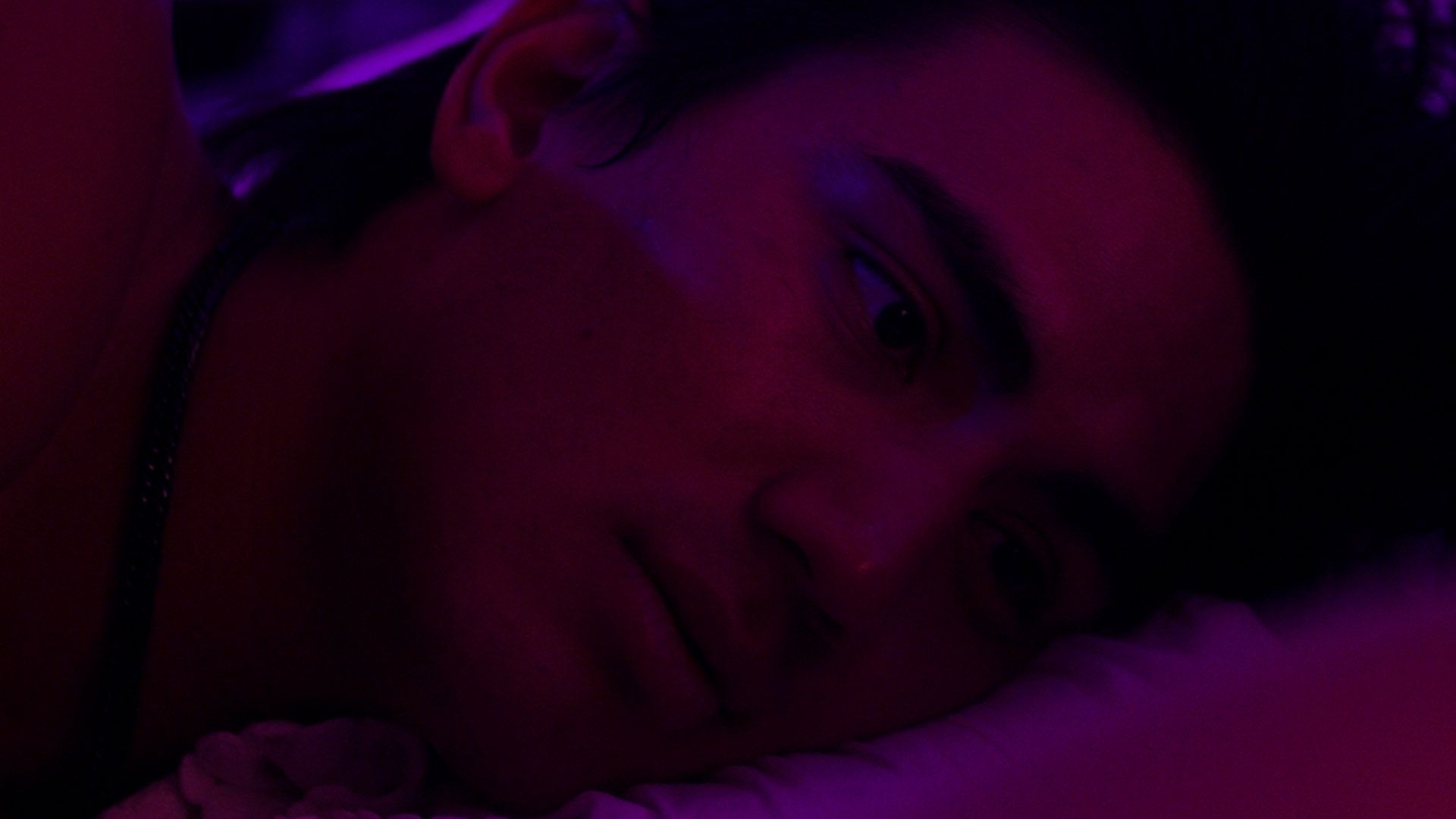
In this exclusive interview, Hawaiian director Zoe Eisenberg talks about her latest film Chaperone
Is everything permitted for a lover? How does one go from self-deception to deceiving another person? Can time be turned back to relive lived or unlived lives? These questions come to mind
when watching the American director Zoe Eisenberg's romantic drama Chaperone (2024).
Misha (a superb performance by Mitzi Akaha) is a 29-year-old woman who, stuck in her comfort zone, cannot move forward in life. She has chosen a stress-free job at a local movie theater and avoids relationships, even with her family. It seems as though she lacks both ambition and dreams. This inertia is shattered when an 18-year-old athlete named Jake (Laird Akeo) falls in love with Misha. Mistakenly, the young man believes that the charming woman is his peer. To secure her happiness, Misha does not tell Jake the truth. Thus, a relationship based on a lie develops.
Andres Mesikepp interviewed the director, Zoe Eisenberg. The film will be screened at Tartu Town Hall Square on 7 August at 22:00.
How did You find Your actress Mitzi Akaha for the film?
Surprisingly, I actually found her on instagram when a friend posted about a different project she'd been in. I then watched everything I could find that she had worked with, so I already was very excited about her before we reached out asking for her to read. She auditioned and sent me a lovely note about her connection to the script --- we're both women in our thirties constantly mistaken for someone much younger, so she understood the nuances of the story. I knew for certain as soon as I saw her tape that she was an even more ideal Misha than the Misha I wrote. As a director, that is the best feeling. A true gold feeling. The project then ended up being delayed for two years due to covid, so she was attached to the project for several years, and I spent that time redrafting the script, sharing it with her, and talking about it. I adapted several elements of Misha's character to align with Mitzi, like that she was a former competitive gymnast forced to let go of that identity, or that she was Japanese on her dad's side, Jewish on her mother's. By the time we got to set it felt in some ways like we had already co-created this person together, and I relied on her heavily throughout production whenever we needed to make a change.
What inspired You to create the character of Misha? Did the story originate from the character or from the situation?
Yes! When I was 29, a high school kid mistook me for a teenager and asked me out, to a house party. While I declined, and found it very funny, I then became obsessed with wondering: what kind of woman would have gone? Where would she have to be in her life, how cornered would she have to feel, to think that this was a good option?
Do You believe that anything is permitted in the name of love? Is happiness or honesty more important?
For me I think the question with honesty is actually: what is the impact of my dishonesty? Misha's choice to not be honest with Jake in order to pursue her own happiness ended up disfiguring him, both literally and figuratively. The impact was grave. Though I understand why she made the choice, and I feel for her, it would be hard for me to call her choice permissible.
So no, I don’t think anything is permitted in the name of love, though perhaps I do think anything is understandable in the name of love, which is to say, anything is understandable in the relentless pursuit of our own happiness, which is sort of a mutated, twenty-first century inclination to pursue anything in the name of our own survival.

Alienation is a painful issue in the entire modern world. How does it affect Hawaiian society compared to other US states?
I think alienation on an island can be more starkly understood, as you’re literally on an isolated archipelago away from the rest of the world, which is how alienation can feel when you’re experiencing it. I also think there is something jarring about feeling so isolated and, in Misha’s case, sad, in a place so rich with beauty. When your external world and internal world are at odds, it can feel even more desolate.
What would You recommend people do to overcome their foolish prejudices?
I honestly don’t know. For me the interesting thing about Chaperone’s story was how the people around Misha judged her for trivial things like her lack of ambition, her contentment with the life she has already built, a judgement that made her feel so cornered she ended up behaving in a dishonest way that could now truly warrant judgement. So to me the film is a cautionary tale, but the caution for me is not what it seems on the surface level - it’s not a commentary on the danger of a relationship with a large age gap, but on the pressures that led this particular woman to pursue one.